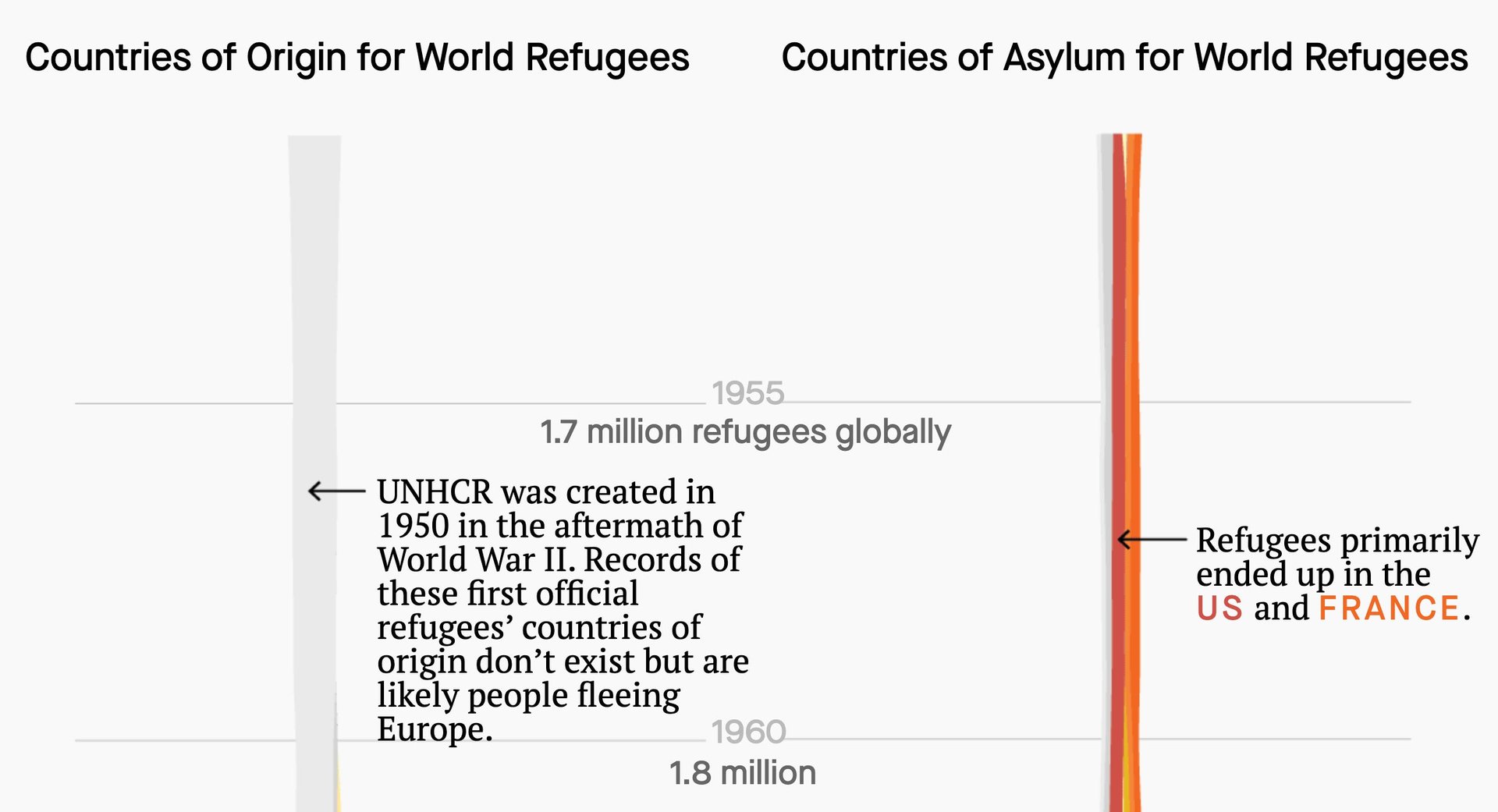Taliban talks, China’s data crackdown, RIP girlboss
Good morning, Quartz readers!


Good morning, Quartz readers!
Was this newsletter forwarded to you? Sign up here. Forward to the friend who can’t stop checking player stats.
Here’s what you need to know
Countries adapt to a new reality in Afghanistan. After the final withdrawal of US troops—an evacuation described by president Joe Biden yesterday as an “extraordinary success“—governments must now consider how to deal with the Taliban as the country faces economic collapse.
China’s ride-hailing giant gets a union. Didi will work with employees and China’s official trade union body to set up the union, making it an outlier in China’s tech sector. Grassroots labor activists in the country routinely face harassment or detention.
India is still headed towards growing at the world’s fastest pace. Its GDP rose by 20.1% from April to June despite a fierce second wave, but it didn’t regain all the ground lost in the same period last year. Nevertheless, India’s billionaires are bullish on the future.
A six-week abortion ban comes into effect in Texas. The legislation effectively overturns Roe v. Wade in the state, but faces legal challenges.
New Orleans hospitals may get some power today. But Louisiana’s governor has urged evacuees not to return as the city endures an extended blackout during a punishing heatwave in the wake of Hurricane Ida.
The new Apple Watch is running late. Adding bells and whistles like blood-pressure sensors has reportedly complicated the manufacturing process and led to quality issues.
What to watch for
Starting today, the first of three rules aimed at strengthening Beijing’s control over private user data takes effect. The government’s vision is to treat data as a key national asset, albeit while creating compliance headaches for tech firms operating in China:
- Sept. 1: The Data Security Law categorizes data into national core data, important data, and general data. The regulation, which has extraterritorial reach, requires enhanced protection for the first two categories.
- Oct. 1: Provisions on the Management of Automobile Data Security—rules specific to collecting and managing data for the automotive sector—take effect.
- Nov. 1: Enter the Personal Information Protection Law (PIPL), China’s answer to Europe’s GDPR data privacy rules, which will make it harder for private firms to collect, use, or transfer personal data overseas.
Where will Afghan refugees go?

A surge of refugees is expected out of Afghanistan, and some European countries have already said they’re done accepting migrants fleeing Afghanistan and other war zones. So where will everyone go?
Historically, refugees tend to settle in countries that neighbor their own. In 2020, over 2 million refugees from Afghanistan fled to Pakistan and Iran. In comparison, around 200,000 ended up in Germany, Austria, France, and Sweden combined. The US took in just 1,592.

How do you measure a year?

In daylights? In Zoom meetings? In primal screams? How about in companies transforming the world of business? This week marks the one-year anniversary of The Company—a weekly email spotlight on a business we can’t stop thinking about—and to celebrate the occasion, we highlighted 40 of our favorites.
Some of these are on our mind because they recently went public (Coursera, Casper, Coinbase), while some are having a great year (AstraZeneca, Twitch), and others are, well, figuring things out (WeWork, Boeing, AMC). All are having an impact on the global economy.
Quartz members receive The Company directly in their inbox every Thursday. Make sure you get this week’s by becoming a member today. Take 40% off with the code QZEMAIL40.
What we’re reading
🩸 The Elizabeth Holmes trial is a referendum on the girlboss. The disgraced medical startup CEO, whose jury selection began Tuesday, was all style and no substance.
💡 Why can’t utilities get money for more resilient grids? It’s a gamble that customers don’t want to pay for.
😶 El Salvador is about to make bitcoin legal tender. What could go wrong?
🦠 South African scientists are keeping an eye on a new Covid-19 variant. C.1.2 is another rapid spreader.
🎩 Fantasy sports is a $7 billion industry. And if it had a face, it might be Matthew Berry. We had a chat.
Surprising discoveries
Brazil is auctioning off architectural landmarks. Rio de Janeiro’s Gustavo Capanema Palace is among nearly 4,000 government buildings that could be sold.
Female octopuses throw rocks to thwart unwanted sexual advances. Males manage to duck about half the time, and they don’t return fire.
The six scariest words you’ll hear today: Bud Light pumpkin spice hard seltzer. A new fall variety pack also includes marshmallow and maple pear flavors.
NASA paid a space startup 10 cents… It was a 10% down payment on Lunar Outpost’s $1 contract to collect lunar dust.
…while an investor paid $340,000 for a fake Banksy NFT. The seller eventually returned the money.
Our best wishes for a productive day. Send any news, comments, bids on famous buildings, and unnecessary drink flavors to [email protected]. Get the most out of Quartz by downloading our iOS app and becoming a member. Today’s Daily Brief was brought to you by Tripti Lahiri, Clarisa Diaz, Alexandra Ossola, Liz Webber, and Susan Howson.